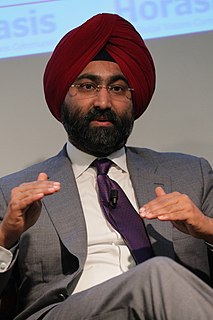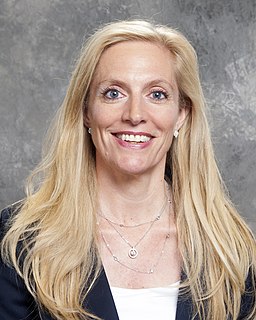A Quote by John Bel Edwards
Meeting the unique healthcare needs of the hardworking men and women who call rural Louisiana home can be challenging. It is important for us to recognize the rural healthcare providers, health care organizations and volunteers who work diligently to offer comprehensive, compassionate, patient-centered care to these communities.
Related Quotes
Every year, I volunteer with Remote Area Medical mobile clinics to provide care to folks in rural Virginia. They do incredible work. But I'm the first to admit that treating people once a year at an annual clinic isn't the ideal way to provide healthcare. We should be investing in long-term, permanent solutions to rural health.
The problem of giving health care to everybody cannot be solved so long as we're spending huge sums of money for war. Already we have a very wasteful healthcare system, the most wasteful healthcare system in the world. I mean, we spend the most money and still have 40 million people without insurance. Compare us to Cuba. Cuba is our enemy, run by a dictator, Fidel Castro. But people in Cuba get health care at least equal to that of the United States - with very scarce resources. So I think this issue is the most important domestic issue.
The funding of rural roads is imperative if we want to continue to grow our economy and improve the overall health of our vast, rural regions in the commonwealth. As a native of the Eastern Shore, I know that a single trip down U.S. Route 13 and across the Chesapeake Bay Bridge - Tunnel can show us how important infrastructure is to rural Virginia.
Although a government study found that men's health was much worse than women's health or the health of any minority group, headlines around the country read: 'Minorities Face Large Health Care Gap.' They did not say: 'Men Face Large Health Care Gap.' Why? Because we associate the sacrifice of men's lives with the saving of the rest of us, and this association leads us to carry in our unconscious an incentive not to care about men living longer.
Cerner's focus over the last 20 years has been to provide healthcare, predominately healthcare providers, with advanced clinical and management information systems. Our mission is to connect the appropriate persons, knowledge, and resources at the appropriate time and location to achieve the optimal health outcome.
































